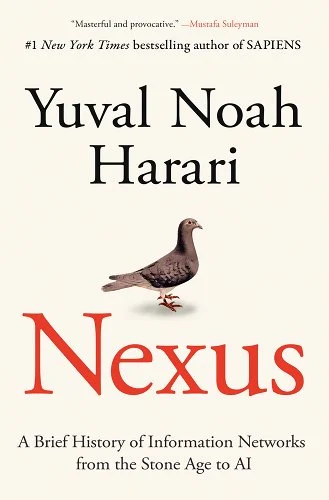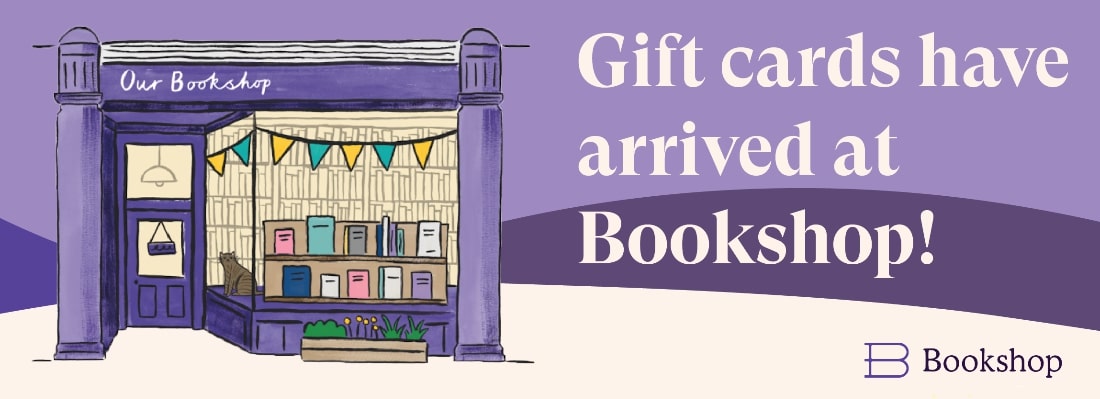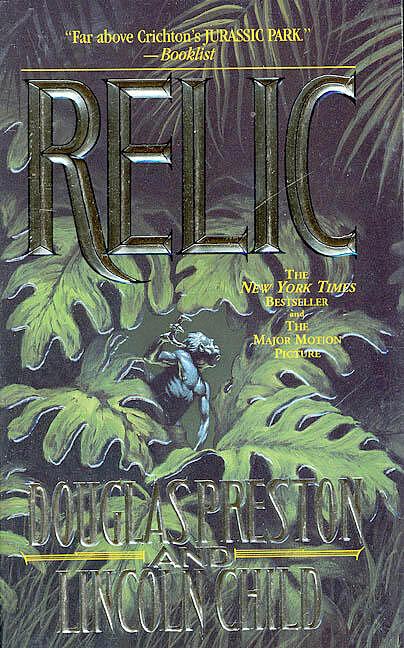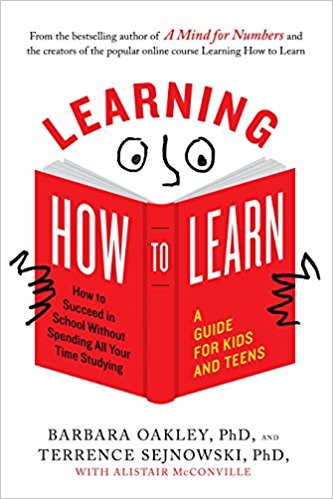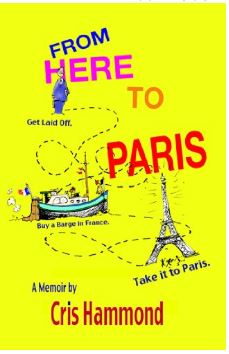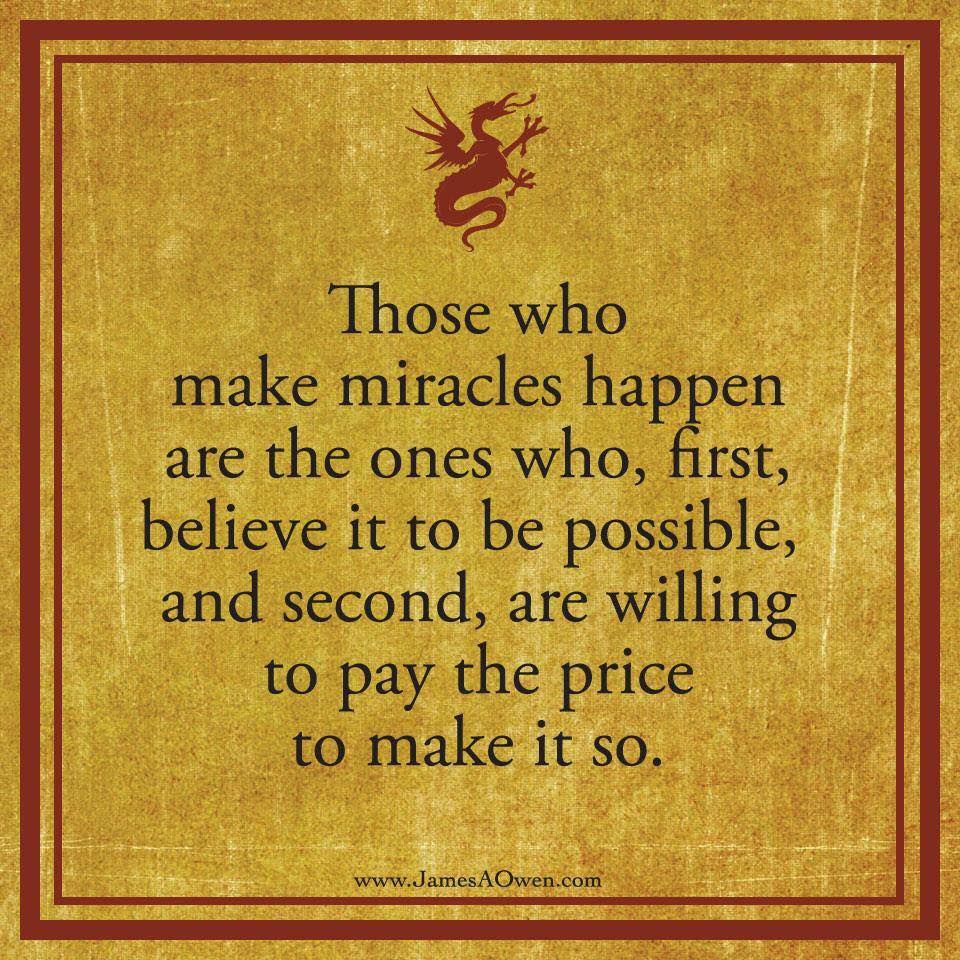“Bookshop is an online bookstore with a mission to financially support local, independent bookstores.”—Bookshop.org
Exciting news for book lovers: You can buy books online and get them delivered to you in a couple days—just like buying on Amazon. But it isn’t Amazon—it’s your local brick-and-mortar independent bookstore.
“We believe that bookstores are essential to a healthy culture. They’re where authors can connect with readers, where we discover new writers, where children get hooked on the thrill of reading that can last a lifetime. They’re also anchors for our downtowns and communities.”—Bookshop.org
The Bookshop.org About page explains very well how it works in a dozen sentences, five of which I quote here. Below I summarize the essentials.
Shop online
You browse the Bookshop.org book catalog or find the book you want using the search bar. At check-out, you tell Bookshop.org which independent bookstore* gets credit for the sale.
*To avoid confusion, I use “Bookshop.org” to refer to the online store and the term “bookstore(s)” to refer to the brick-and-mortar shops we know and love.
“By design, we give away over 75% of our profit margin to stores, publications, authors and others who make up the thriving, inspirational culture around books!”—Bookshop.org
Independent bookstores
Bookshop.org distributes 10% of regular sales to independent bookstores every six months. Currently, the amount is over $7 million.
What’s more, an independent bookstore can become an affiliate, promoting and selling books online through Bookshop.org with affiliate links. In which case, the bookstore earns 30% of sales generated through its affiliation, which is the entire profit margin—Bookshop.org doesn’t make any money from these sales.
All the books
Bookshop.org gets its catalog from Ingram Content Group, a major US book distributor, which is used by most US publishers. So, you can find books from the “Big 5” publishers, like Simon & Schuster and Random House, to mid-size and small presses, and even from clever self-published authors, yours truly among them, who distribute their books through Ingram.
Print-on-demand and delivery
The bookstore doesn’t do anything more than promote the book. Bookshop.org provides the online interface, and when you place an order, Ingram prints the book and ships it to you.
International
In January 2020 Bookshop.org got started in the US.1,2 They plan to be fully operational in the UK by Christmas3, and they aim to offer similar support for independent bookstores worldwide4.
Centralized
Ingram does all the material work, and they get paid for it, as they should. Printing and shipping costs are included in the price of any printed book we buy anywhere.
Still, Ingram Content Group is a large organization and a subsidiary of an even larger company, Ingram Industries, which earned over $2 billion in 20145—compared to Amazon’s $280 billion (2019)6.
Future awesomeness?
Maybe I’m dreaming here, but wouldn’t it be awesome if our local independent print shops could print books on-demand? I’m guessing it comes down to economics. When the local demand for print-on-demand comes up to meet the cost of the print machine, such as an Espresso Book Machine, small print shops around the world might replace the centralized printer.
By providing the platform, Bookshop.org may be an important step to making the dream a reality. By buying books from our local independent bookstores online, we provide the demand. We make the future awesome.

1 This Startup Wants to Help Indie Booksellers Take on Amazon
2 The Coronavirus Pandemic Is Changing How People Buy Books
3 Bookshop Opens in the U.K.
4 Bookshop.org FAQ
5 Ingram Industries
6 Amazon
